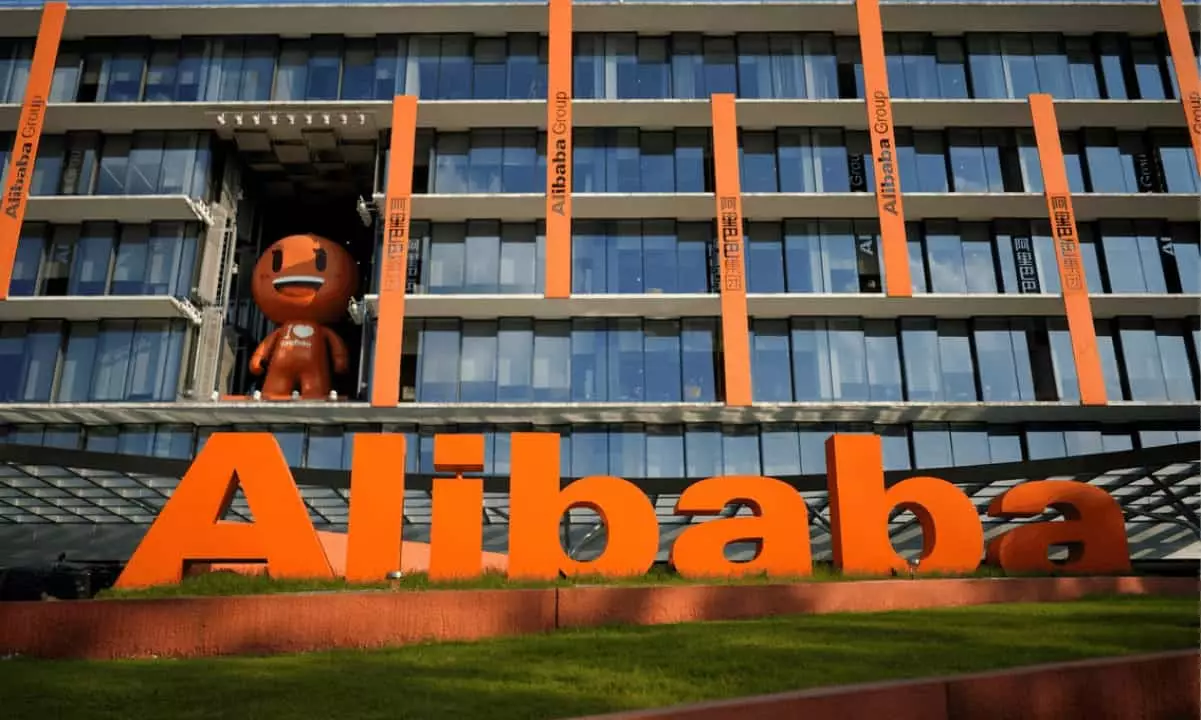In a decisive move reflecting a growing trend among technology companies, Alibaba has opted to scale back its metaverse endeavors. This restructuring, significant in the context of the broader tech landscape, has resulted in layoffs within its Yuanjing unit, dedicated to metaverse initiatives. This article delves into the implications of this shift, not only for Alibaba but also for the metaverse industry at large.
Recent developments reported by the South China Morning Post indicate that “dozens” of employees have been affected by these layoffs, which primarily target the metaverse operations based in Shanghai and Hangzhou. Once a thriving segment of the company with a workforce numbering in the hundreds, Yuanjing had previously attracted vast investments worth billions of yuan. The decision to downsize reflects a critical re-evaluation of priorities within Alibaba as the company seeks greater operational efficiency and innovation.
Despite the layoffs, Alibaba’s Yuanjing will continue its operations but with a refined focus on specific aspects of the metaverse. Future efforts will emphasize developing practical applications and tools that enhance customer experiences within virtual spaces. This strategic pivot indicates that while Alibaba is scaling back, it is not abandoning the metaverse entirely. The company recently committed $60 million to Nreal, a Chinese augmented reality firm, highlighting its ongoing belief in the potential of AR as a cornerstone of the metaverse ecosystem.
Alibaba’s actions reflect a wider trend in the tech industry, where major players are reassessing their investments in the metaverse. Following a similar path, other firms like Meta Platforms have also reduced their workforce in metaverse-focused divisions, signifying a shift away from the once-promising hype surrounding virtual environments. Baidu, too, has redirected its resources towards artificial intelligence, especially in the wake of advancements such as ChatGPT, indicating a collective pivot among tech giants.
Despite the downsizing and reevaluation from industry leaders, the metaverse market is projected to maintain robust growth. According to Global Markets Insights, the global industrial metaverse market reached a valuation of $22.4 billion in 2023, with anticipations of a compound annual growth rate (CAGR) of 29.5% from 2024 to 2032. This illustrates that while immediate interest might be waning, the long-term potential remains significant, especially as technologies continue to evolve and integrate into various sectors.
Alibaba’s decision to downsize Yuanjing represents a dual approach: maintaining a foothold in the metaverse while effectively managing resources in response to industry realities. As the landscape shifts towards more sustainable and practical applications within the metaverse, companies like Alibaba will need to navigate their strategies carefully. The resilience of the metaverse market, paired with essential innovations, assures that it remains an area of interest, even as companies juggle the dual demands of progress and profitability.









